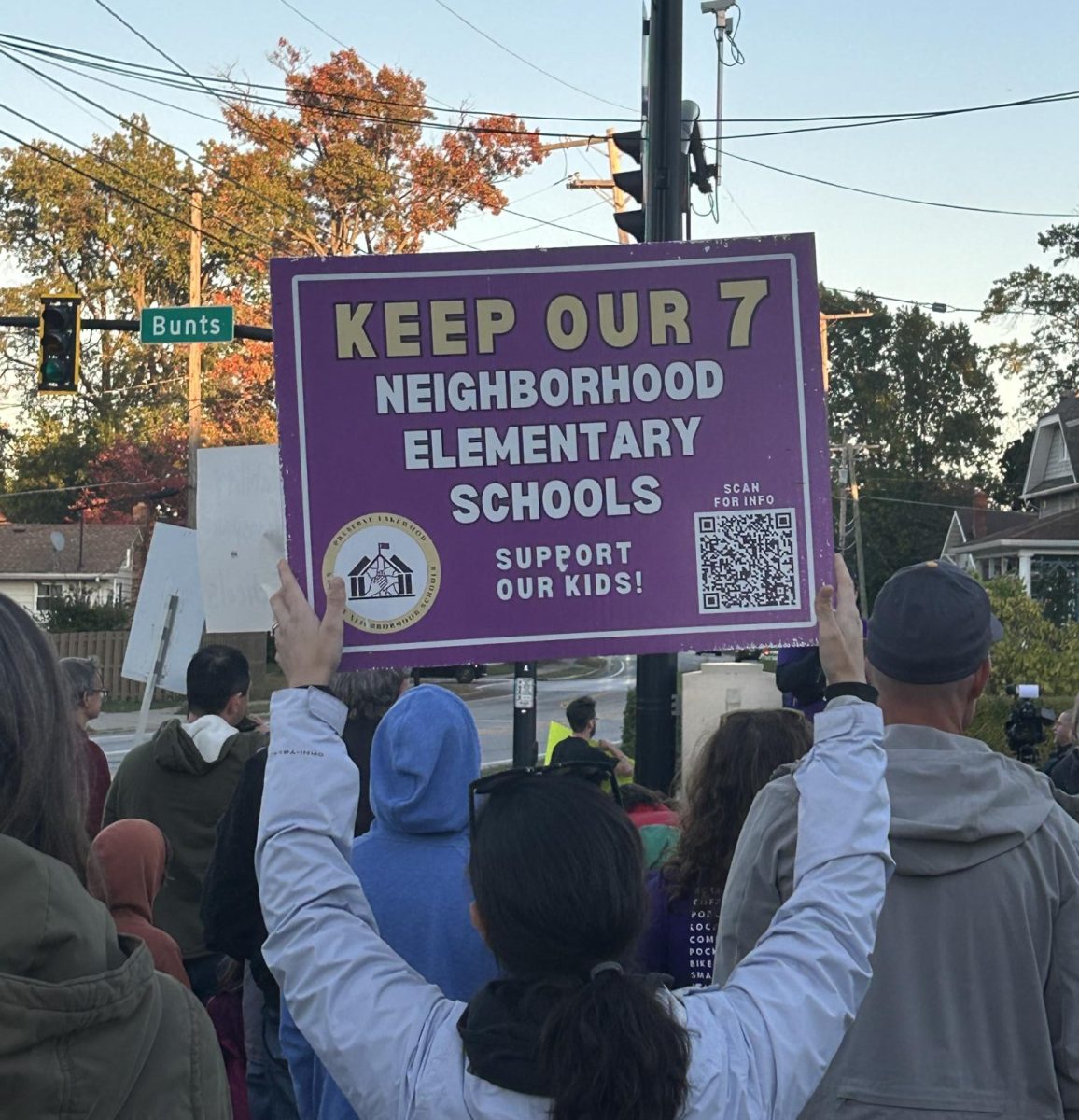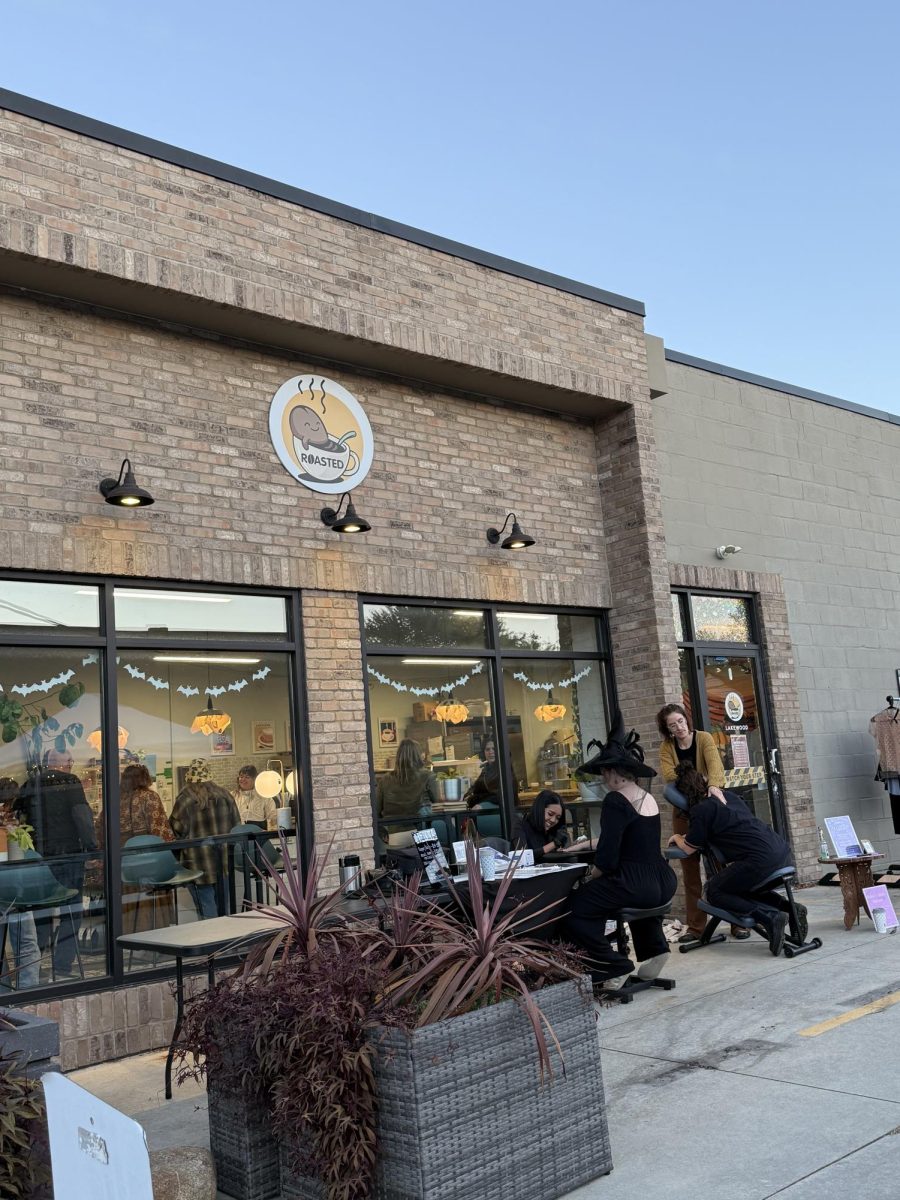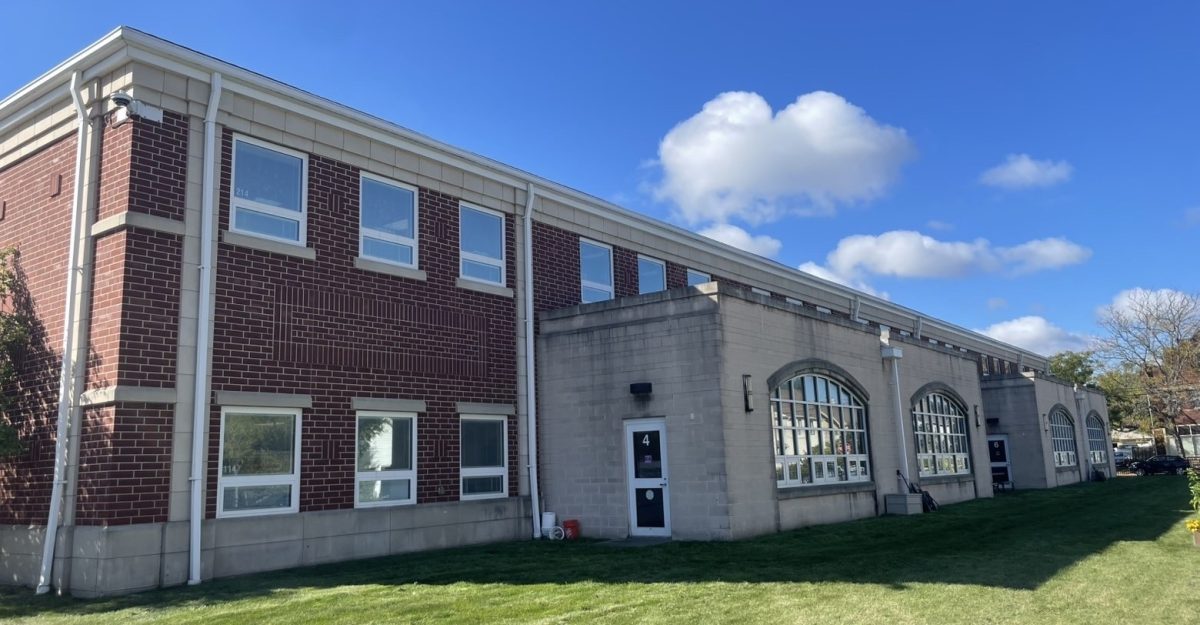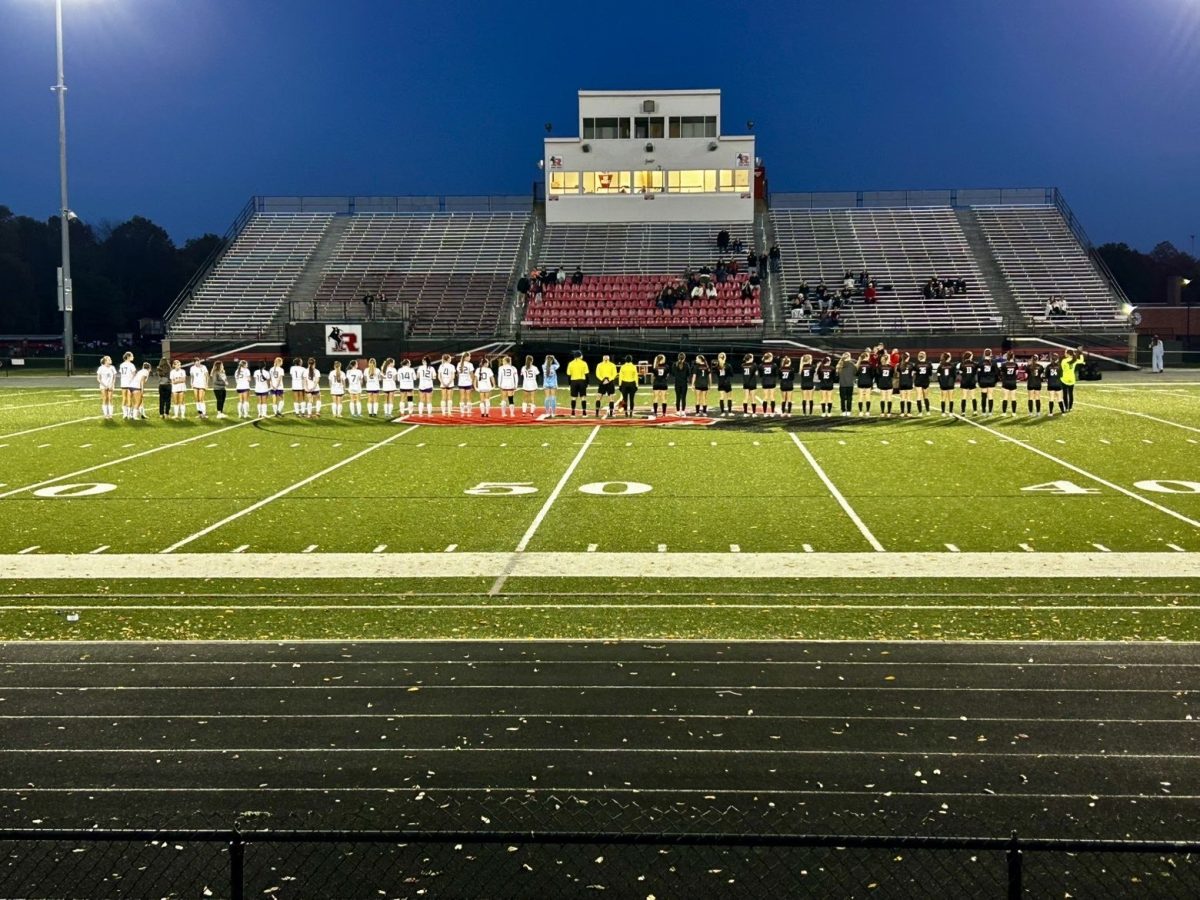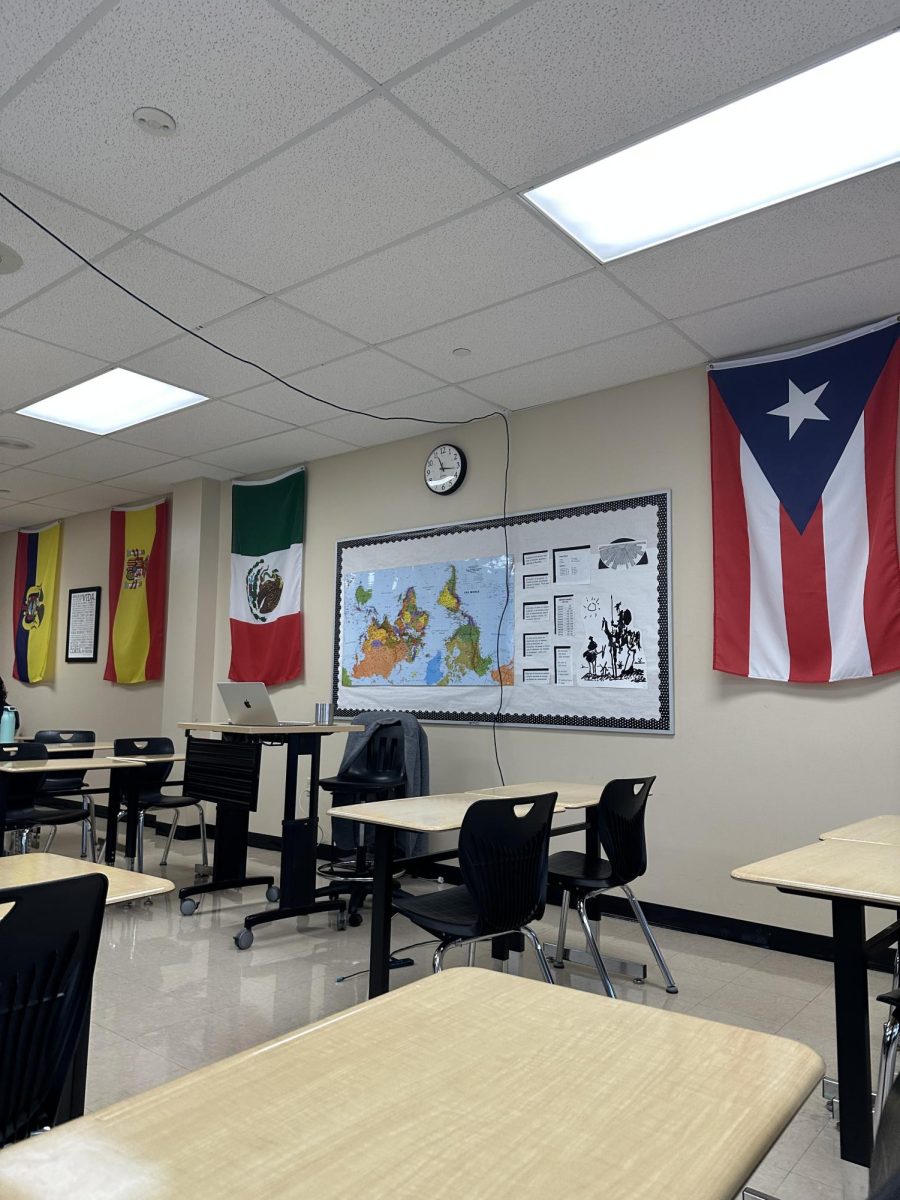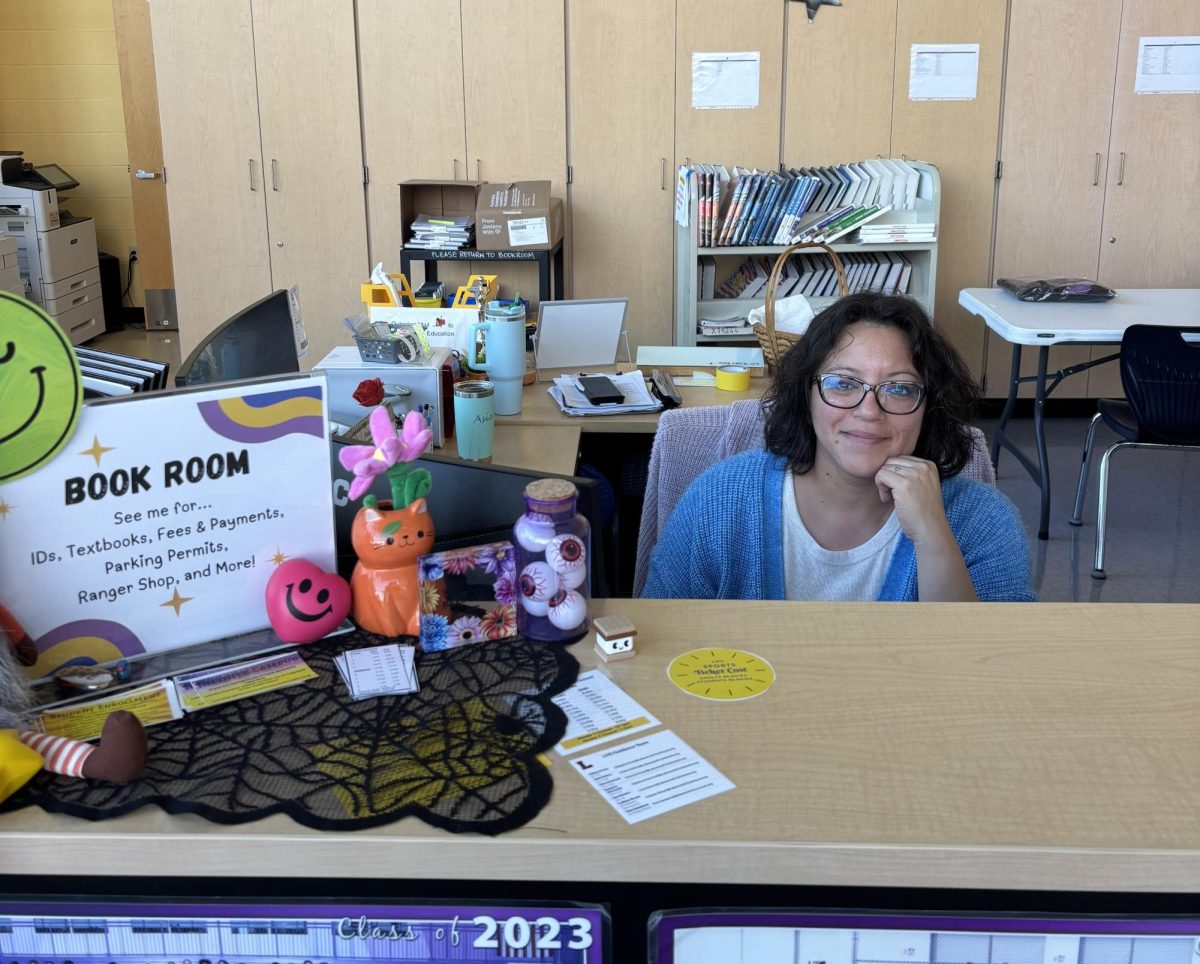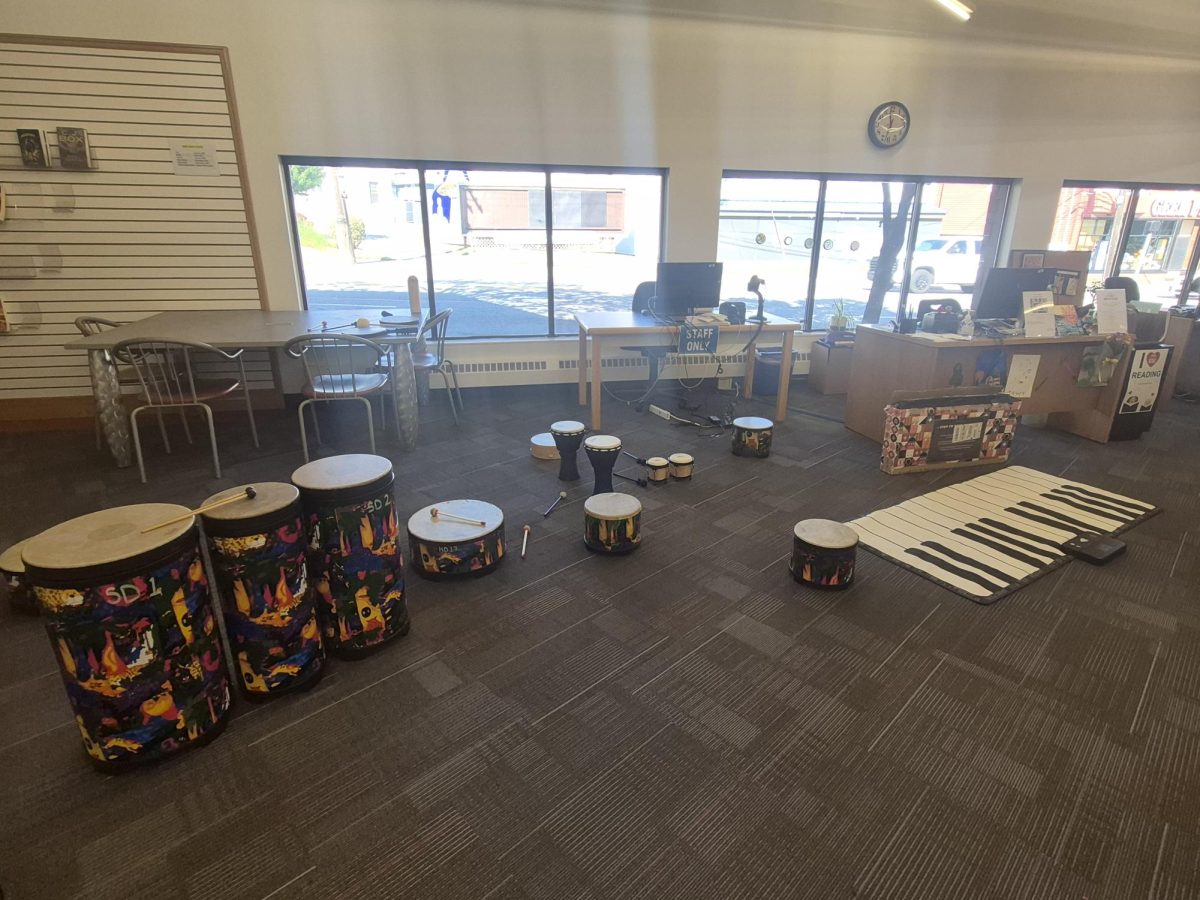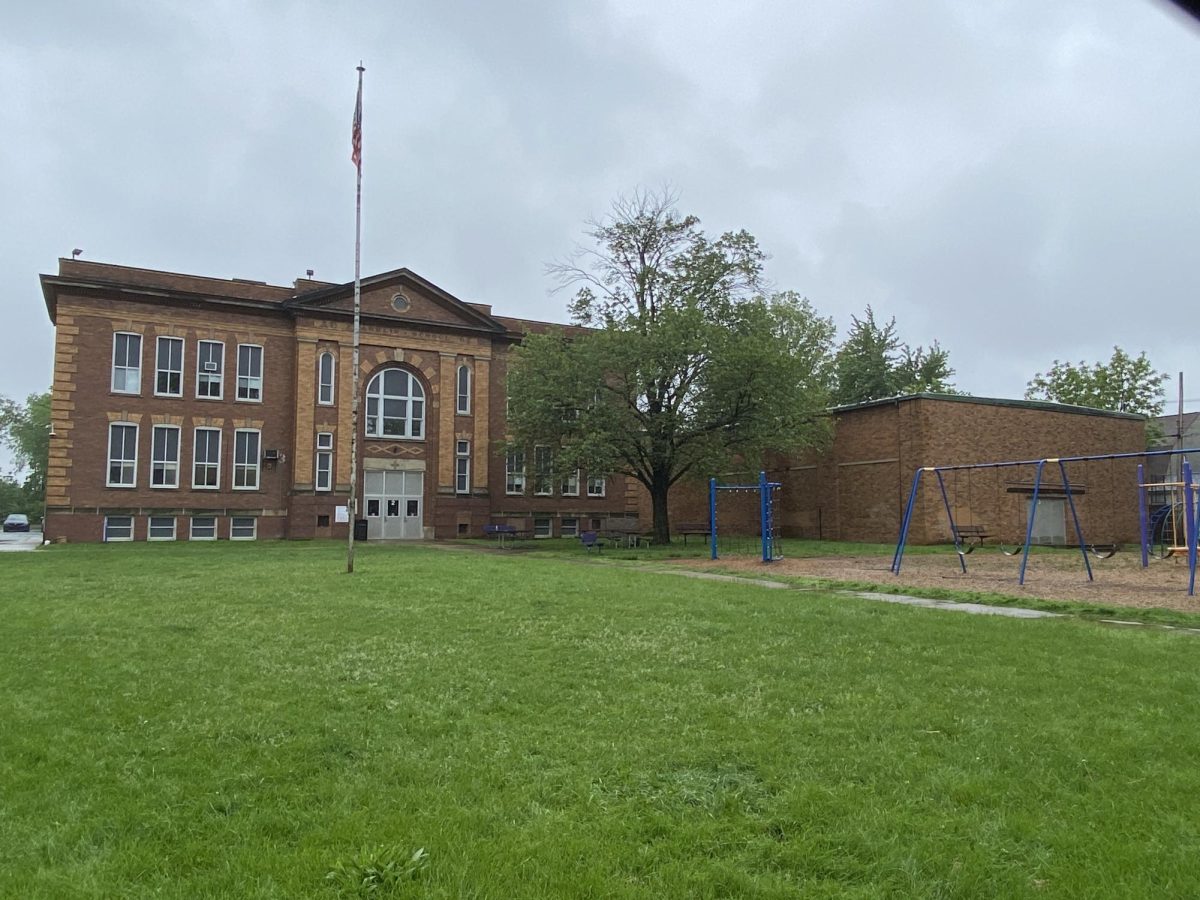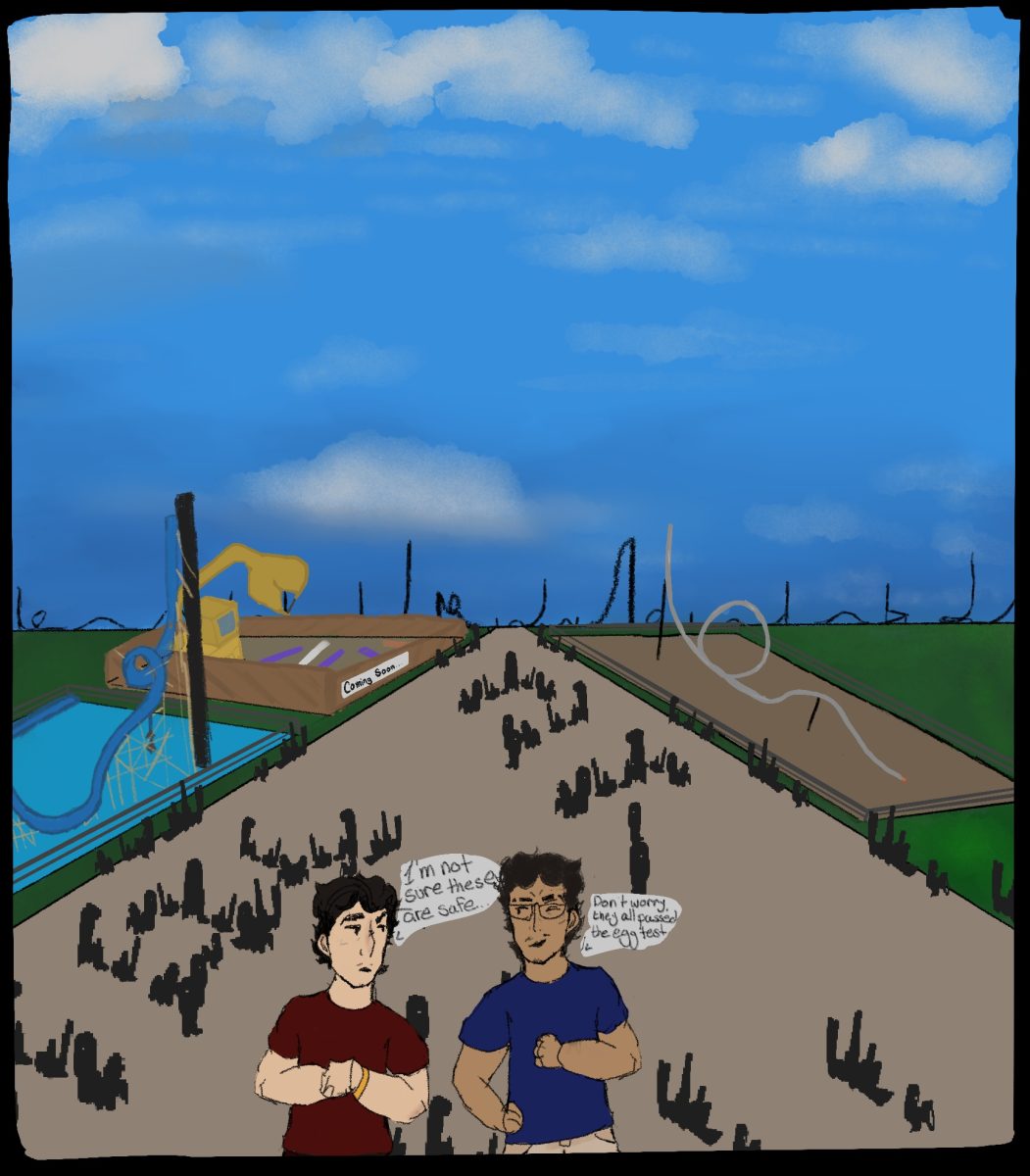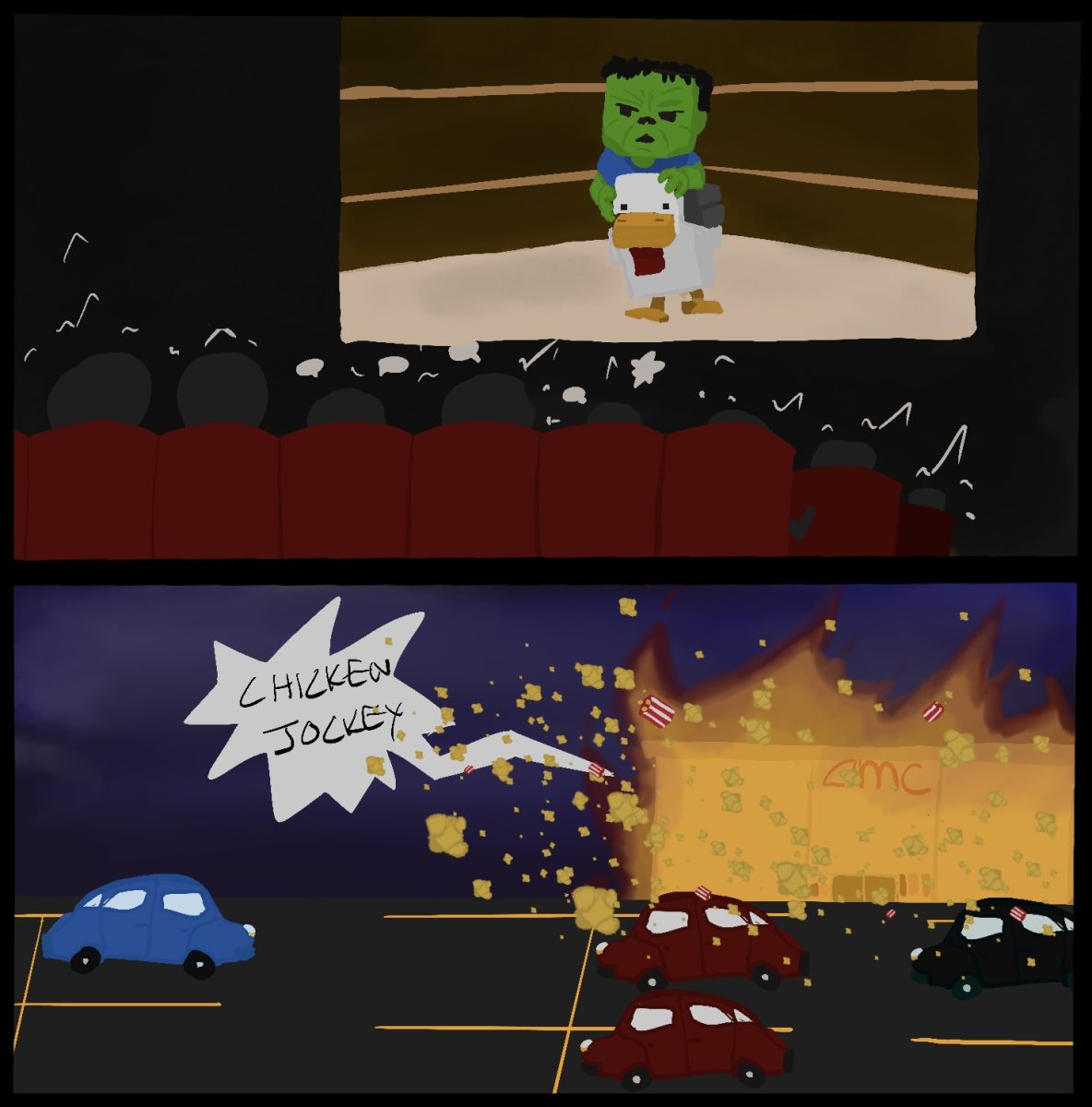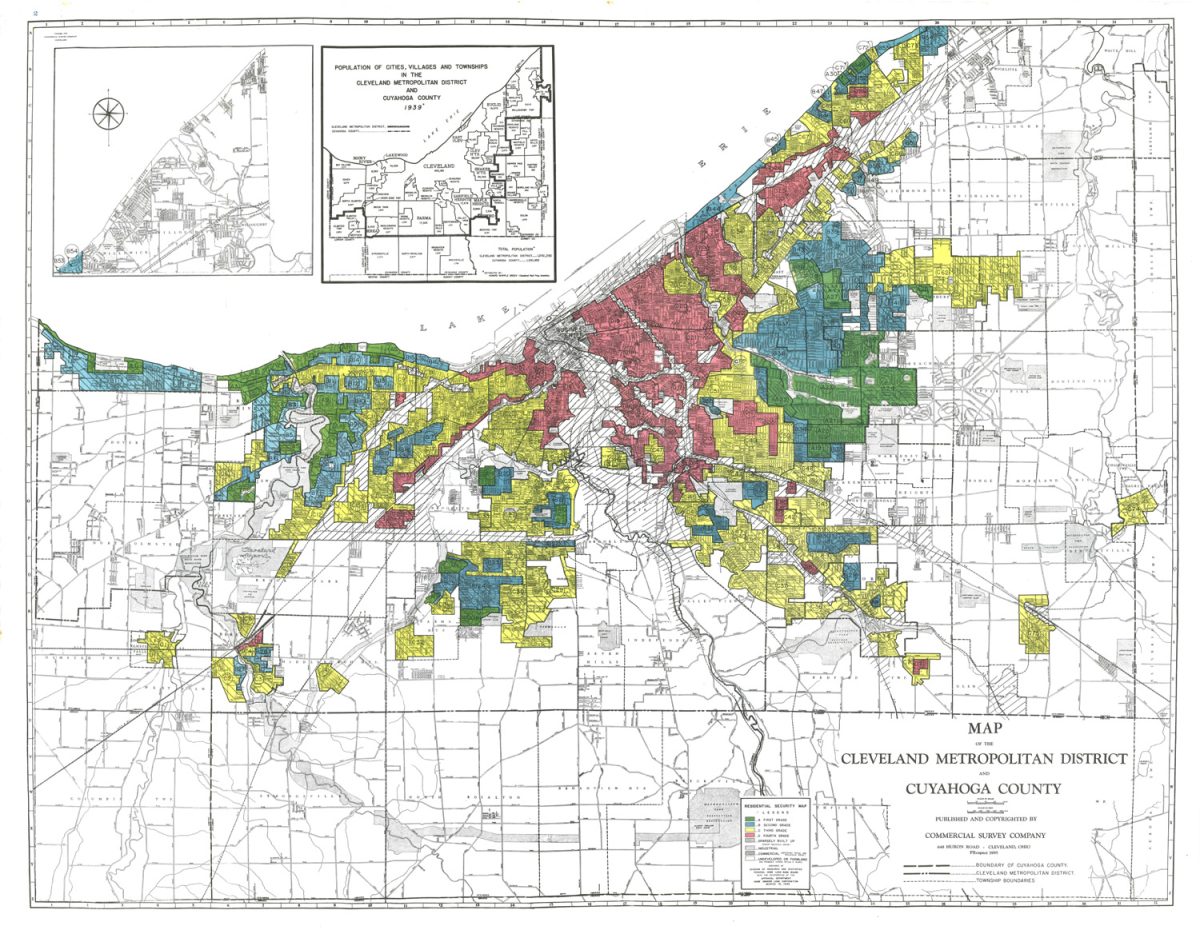On Monday, Oct. 20, at 6 p.m., parents, students, and community members gathered at the corner of Bunts Road and Franklin Boulevard to voice their concerns. They used microphones and homemade signs to express their opinions on the possible repurposing of Lincoln Elementary School from a traditional elementary school to an early learning center.
At the protest, residents were seen with megaphones, signs, and speakers, voicing their concerns before the meeting. Many chants were shouted by participants, directed by a speaker shouting phrases such as “Put kids first, close schools last” and “Strong schools are a strong Lakewood.”
Chants also featured a call-and-response pattern: “What do we want?” with the response “Seven schools,” and “When do we want it?” with the response “Now.”
The school board cites declining enrollment and the need to optimize district resources as reasons behind the plan. However, many community members worry about the impact on students, families, and the neighborhood.
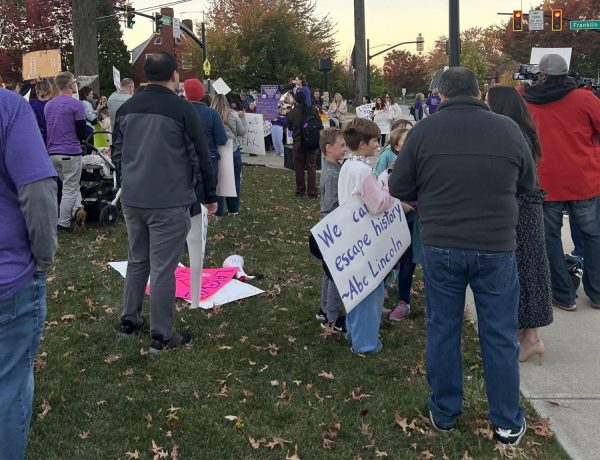
Amanda Keiber, a concerned Lakewood resident and Lincoln parent, spoke at the board meeting about her frustrations. She said, “All Lakewood school board members are committed to data-driven decision-making, and when they review a proposal, they expect robust, validated, and accurate data. Everyone knows this statement is satire.”
The concerns extend beyond the school’s closure. Community members are also worried about transforming Lincoln into an Early Learning Center, redrawing elementary school boundary lines for the 2027-28 school year, and issues related to walkability.
Parker Edmond, a local parent at the protest, voiced his transportation concerns: “Access to a car can be a concern, and/or multiple cars to be able to drive a child to and from school or after care will be a primary concern for transportation.”
If Lincoln Elementary is repurposed, it could significantly affect students socially and emotionally. Children often build close friendships and routines around their school community. Losing a familiar environment at a young age can cause stress and uncertainty. This change would mean new classmates, new teachers, and a different space.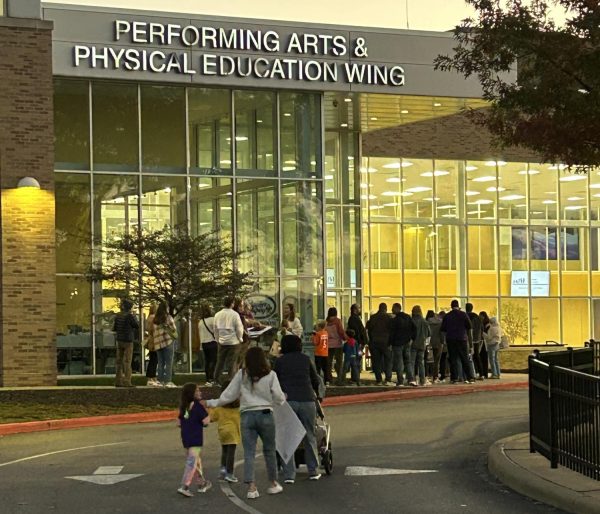
Dr. Gina Rhodes, who holds a doctorate in school psychology, addressed the board about the potential effects on children. She asked, “Do you want to make a decision that will be the reason that some children will say that 2027 was the year they stopped liking attending school? The true impact of this may affect students with diverse academic and psychological needs, and I do not think this has been considered enough to decide without looking at the data.”
As the community continues to voice its concerns, the debate over Lincoln Elementary’s future highlights the importance of balancing district needs with the well-being of students and families.

